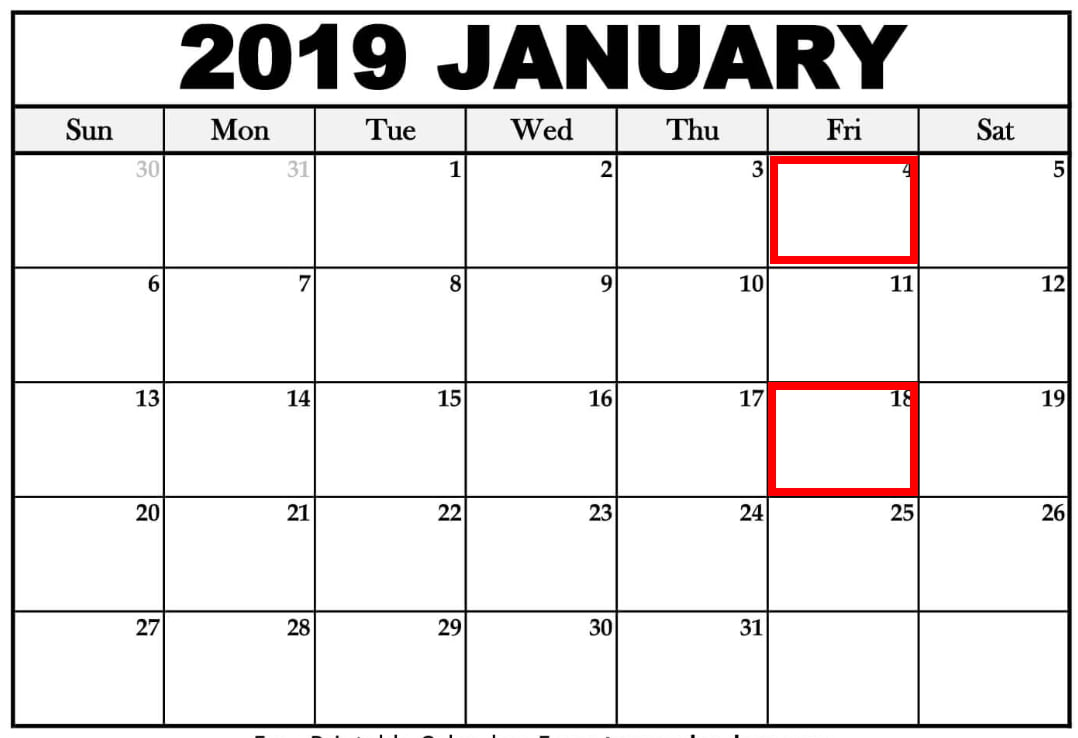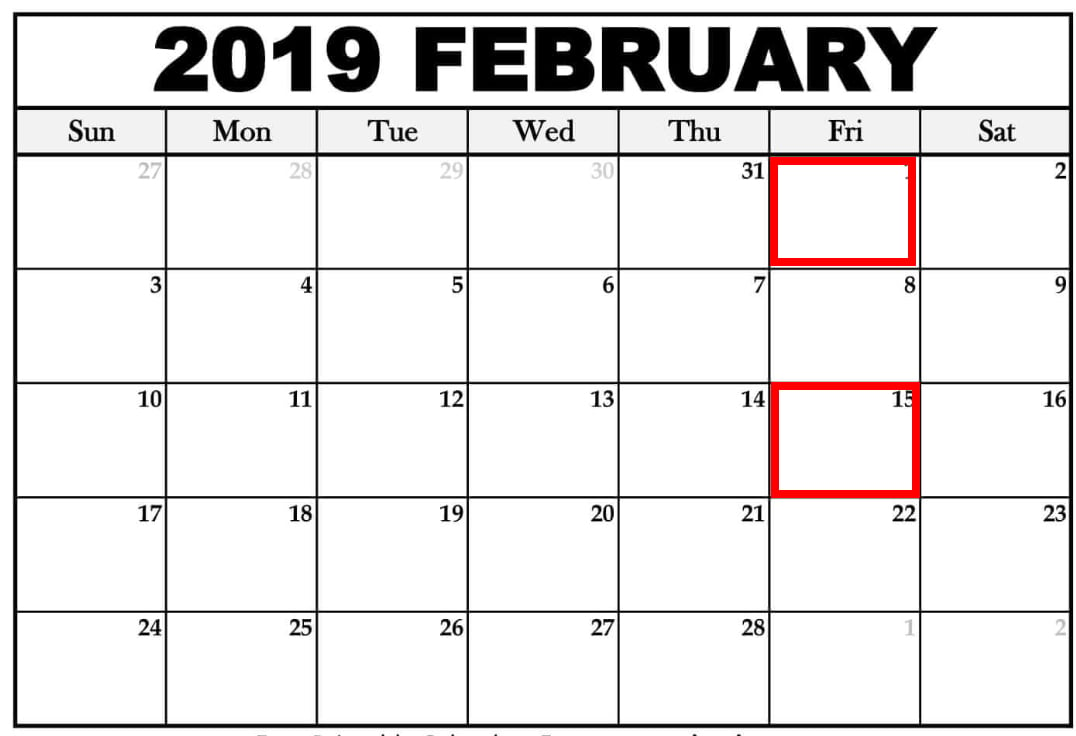Biweekly? Monthly? Biweekly Pay Biweekly is the most common option for a business's pay period in the U.S. Biweekly pay means you pay your employees on a set day once every two weeks, resulting in 26 paychecks per year. What Is Biweekly Pay? Biweekly pay means you pay your employees once every two weeks, on a set day you choose. A biweekly system is more consistent for employees -- for instance, an employee can expect to receive a paycheck on every other Friday. Cons of Biweekly Pay: If you use biweekly pay, your business must be prepared for the months with three paychecks, and budget accordingly to ensure the payroll account has enough money for those extra expenses. How many biweekly pay periods in 2019? There will be 26 biweekly pay periods in 2019. Biweekly, on the other hand, promises employees a paycheck once every two weeks regardless of what day of the month it is -- hence, in the calendars above, employees receive paychecks on the 4th, 18th, 1st, and 15th of the month.

One of the first concerns your new business is likely to face is pay period — should you pay your employees weekly? Biweekly? Monthly?
Of course, you’ll want to take into consideration both the needs of your employees, and your HR payroll administrators. In other words, what is the easiest system for your HR team to process, and what will make most of your employees happiest?
Biweekly is a good option to consider, and it’s also the most popular option in the U.S. — the U.S. Bureau of Labor Statistics reports 36.5% of private businesses have decided to use biweekly pay as their pay system of choice.
Biweekly Pay
Biweekly is the most common option for a business’s pay period in the U.S. Biweekly pay means you pay your employees on a set day once every two weeks, resulting in 26 paychecks per year. Because payday occurs once every two weeks, some months will have three paychecks. Biweekly can be helpful if most of your employees are hourly workers. Additionally, your employees will be happy to be paid more often (as opposed to monthly or semimonthly).
If you’re wondering which pay period option is best to implement at your company — or if you’re just curious what biweekly pay entails — keep reading.
What Is Biweekly Pay?
Biweekly pay means you pay your employees once every two weeks, on a set day you choose.
For instance, let’s say you choose to pay your employees once every two weeks, on Friday.
Take a look at the following calendar for the months of January and February, 2019:


Calendar courtesy of Towncalendars.com
As you can see, it doesn’t matter which day of the month you pay your employees — you can pay them on the 4th one month, and then the 1st another. It’s only important you pay once every two weeks.
Once you start the year, you’ll pay your employees once every two weeks. This might sound simple, but that means for two months out of the year, you’ll have three pay periods instead of two.
Pros of Biweekly Pay:
- Your HR team needs to process payroll…

COMMENTS